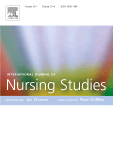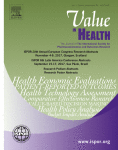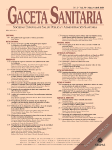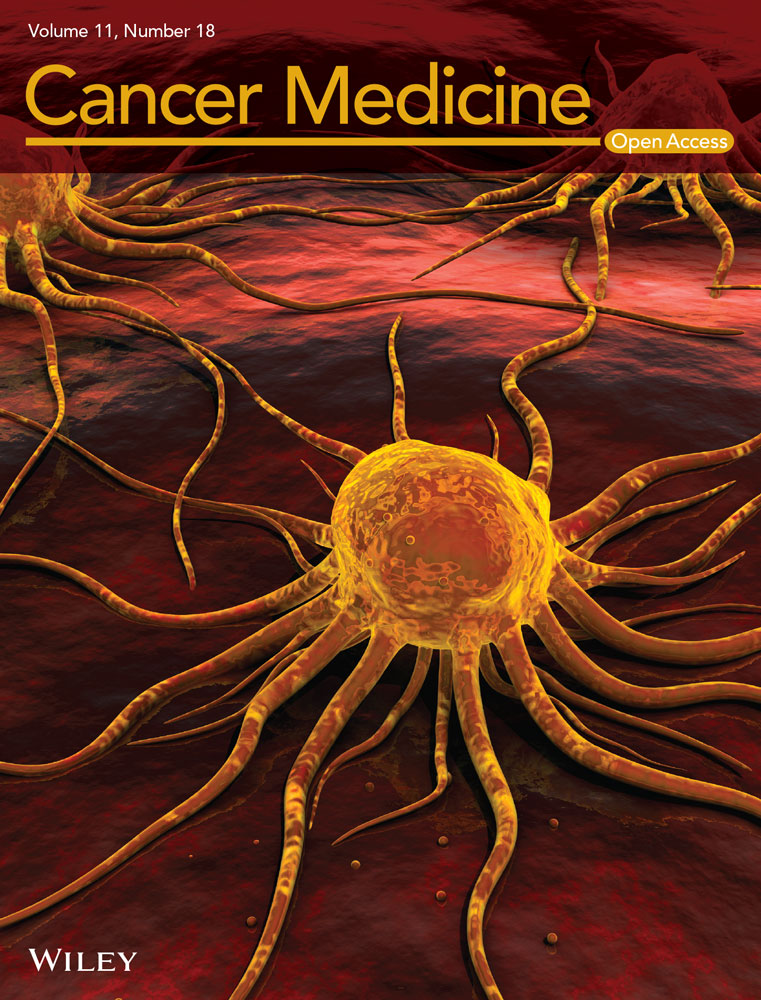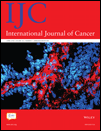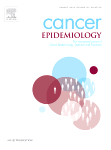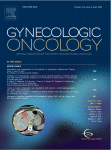Psychological and cognitive factors related to prehospital delay in acute coronary syndrome: A systematic review
Background In acute coronary syndrome the time elapsed between the start of symptoms and the moment the patient receives treatment is an important determinant of survival and subsequent recovery. However, many patients do not receive treatment as quickly as recommended, mostly due to substantial prehospital delays such as waiting to seek medical attention after symptoms…



